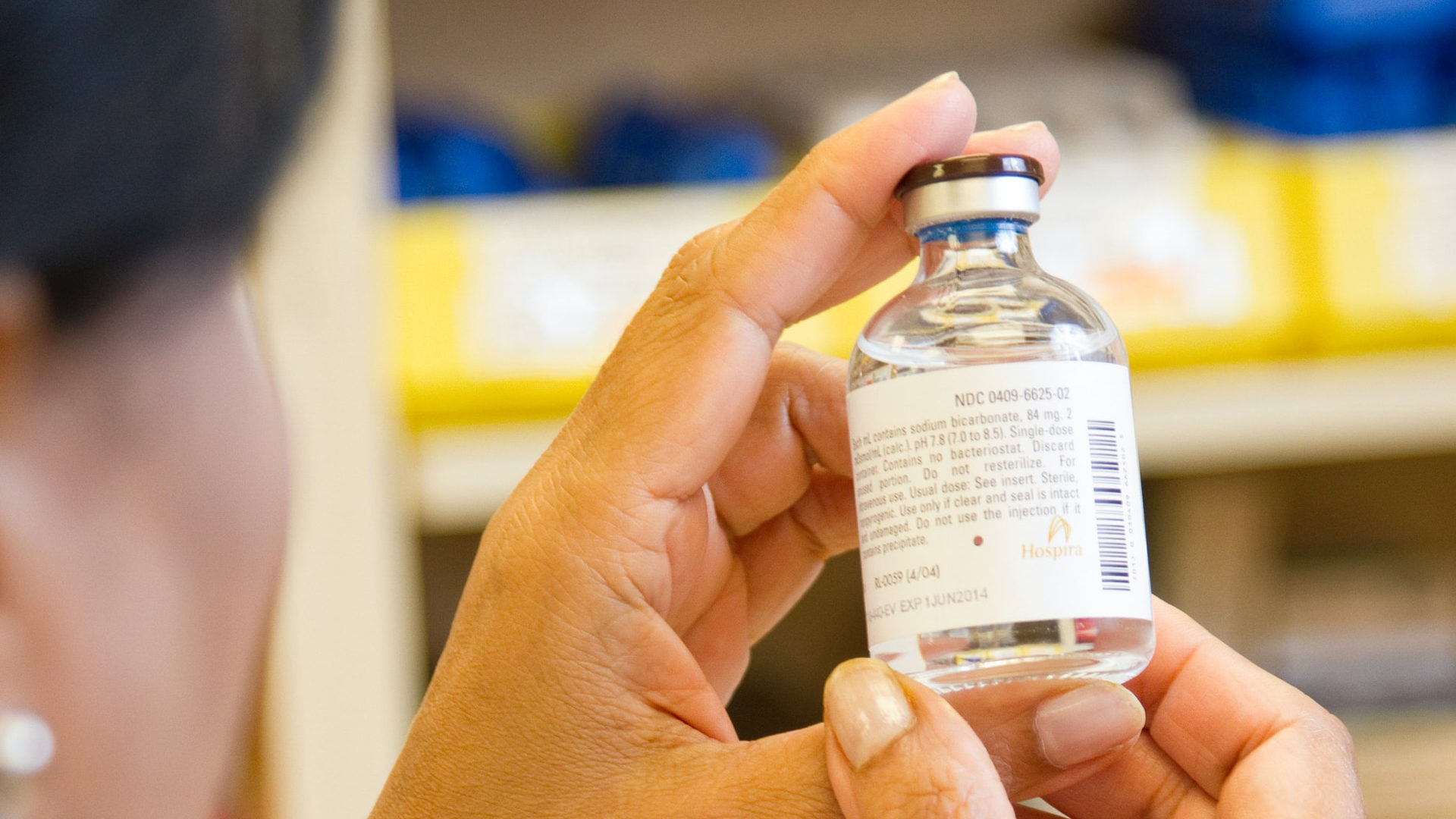UPC
12th UPCA Ratification and other UPC News
February 2017
Italy has become the 12th country to officially ratify the UPC Agreement. The full details on ratification progress can be found here. The UK is expected to ratify next. News of other ratifications was discussed last week when Estelle Senior from HGF attended the UPP2017 conference on the UP & UPC.
Here are some headlines and latest news from the event:
- The plan to have the UPC in operation by December 2017 is still very much on the agenda. As Italy have now formally ratified, once the UK and Germany ratify; that means the UP will cover at least 14 member states. It was said at least a further 5 member states are expected to ratify before December (Greece, Hungary, Latvia, Estonia, Romania). There is also an understanding that all member states are “obliged” to ratify the agreement, but no timescale is given for this. The rumour that Germany would not ratify in light of “hard Brexit” was denied by Alexander Ramsay, the chairman of the prep committee.
- There was a lot of discussion around the issue of a potential UP colliding with an earlier prior national right (including utility models in some states); and that this could result in the entire UP being lost without the option to convert to national rights; the EPO commented that they hope a “top up” search before grant would reduce this risk. Some member states are looking again at whether allowing conversion would be possible in national law; but this was not discussed in any detail and was speculation.
- The EPO indicated they working on a sunrise period to apply for UPs 3 months prior to UPC start, so possibly from 1 September 2017; provisions to delay grant to allow for unitary protection are also being considered. The EPO are expected to make a formal announcement on this.
- SPCs – the EPO spoke about the fact that the European Commission envisages the creation of Unitary SPCs; however this is probably unlikely to be achieved in the short term. Pending the creation of a Unitary SPC, the Commission plans to issue a Communication clarifying that national SPCs can be obtained on the basis of a Unitary Patent.
- The final UPC Rules of Procedure are expected to be adopted in March 2017 – some minor changes (to opt out rules) and incorporation of fees is expected.
- The technicalities of the opt out were discussed; there must be certification that the person lodging the application is authorised by all “proprietors” etc. and a mandate must be uploaded if this person is not a “representative” registered with the UPC. A representative is not required to lodge a mandate but all users (including representatives) will need identity authentication. And there must also be given a declaration that no action has been commenced which would prevent the opt-out (ie a UPC action) or withdrawal of the opt-out (ie a national court action). If certain details required for opting out (Rule 5.3) are missing or incorrect the opt-out is ineffective until corrected.
- There was a long session on costs of a UP vs EPs, but at this stage, the conclusion was that cost comparison was almost impossible without knowing what states a UP will ultimately cover, and only renewal fees could be taken into account.
- On the litigation side, there was some discussion that smaller patentees may prefer UPs, as any potential litigation resulting from a UP would be before one court, rather than before multiple jurisdictions, so there costs may be more predictable. Photos of the UK section of the Central Division were shown, as this is now ready for operation.






























